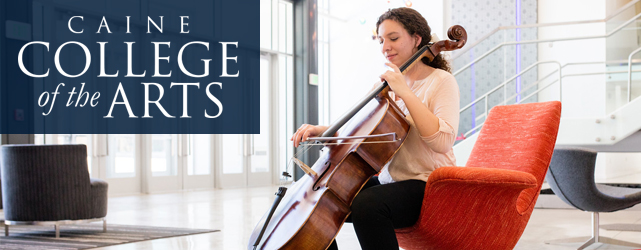Lesbian, Gay, Bisexual, Transgender, and Questioning: Best Practices in Music Therapy
Document Type
Article
Journal/Book Title/Conference
Music Therapy Perspectives
Volume
30
Issue
2
Publisher
Oxford University Press
Publication Date
1-1-2012
First Page
158
Last Page
166
Abstract
Given the increasing numbers of openly lesbian, gay, bisexual, transgendered, and questioning (LGBTQ) people, music therapists are more likely to be in contact with LGBTQ individuals in their daily routines. LGBTQ people are coming out at earlier ages, staying out into their senior years, participating in marriage, and raising children. Expanding media coverage has focused on civil rights, marriage equality, bullying in the schools, and respect and pride in the community. Even though the AMTA Code of Ethics and Standards of Clinical Practice define a non-biased approach to working with LGBTQ individuals, the profession is still in need of best practice guidelines that will assist music therapists with tools to ensure that they are informed and sensitized to the needs of the LGBTQ community. The purpose of this paper is to propose a set of best practice guidelines and make recommendations for its implementation.
Recommended Citation
Whitehead-Pleaux, A., Donnenwerth, A.M., Robinson, B., Hardy, S. Oswanski, L.G., Forinash, M., Hearns, M.C., Anderson, N., & York, E. F. (2012). Lesbian, gay, bisexual, transgender, and questioning: Best practices in music therapy. Music Therapy Perspectives, 30(2), 158-166.


